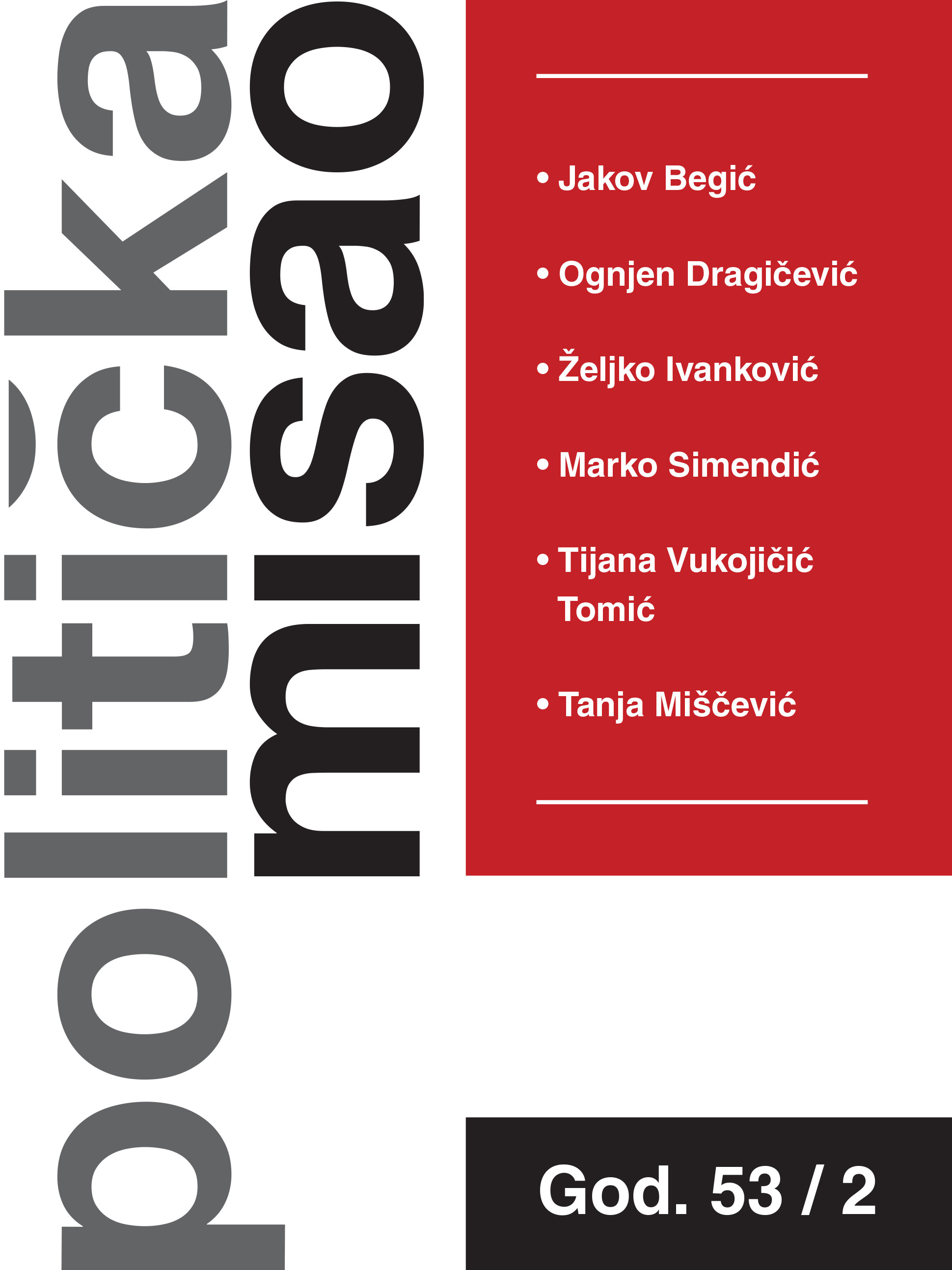Pravna povijest novca: Greshamov zakon ili – nema stabilnog novca
LEGAL HISTORY OF MONEY: GRESHAM’S LAW – THERE IS NO STABLE CURRENCY
Author(s): Željko IvankovićSubject(s): Economy, History of Law, Economic history, Law on Economics
Published by: Fakultet političkih znanosti u Zagrebu
Keywords: Commodity Money; Gresham's Law; Christine Desan; Hayek; Euro;
Summary/Abstract: The paper describes money as a legal phenomenon, which means that stakeholders use money to allocate resources and manage social relations. In this understanding money creates markets and not vice versa. The system of money creation called free minting, which was common in England from the 12th to the 14th century, is described. Three constraints of commodity money are explained and the nominalism – metalism dilemma is analysed. The focus of the analysis is on Gresham’s law and the problem of liquidity of commodity money. The similarity between medieval commodity money and a modern concept of commodity money in the book The Denationalization of Money by Friedrich von Hayek is shown. The conclusion is that the market mechanism cannot solve the problem of liquidity without social agents not included in the market exchange. Since the common European currency is to some degree similar to the gold standard, the same conclusion works for the euro.
Journal: Politička Misao
- Issue Year: LIII/2016
- Issue No: 02
- Page Range: 64-84
- Page Count: 21
- Language: Croatian

